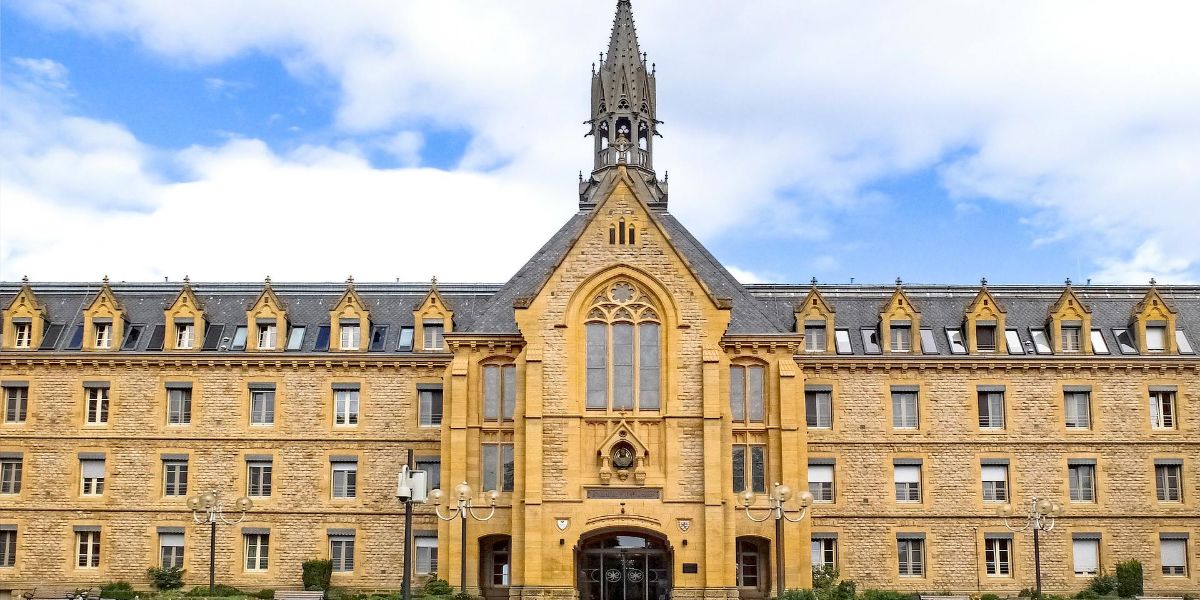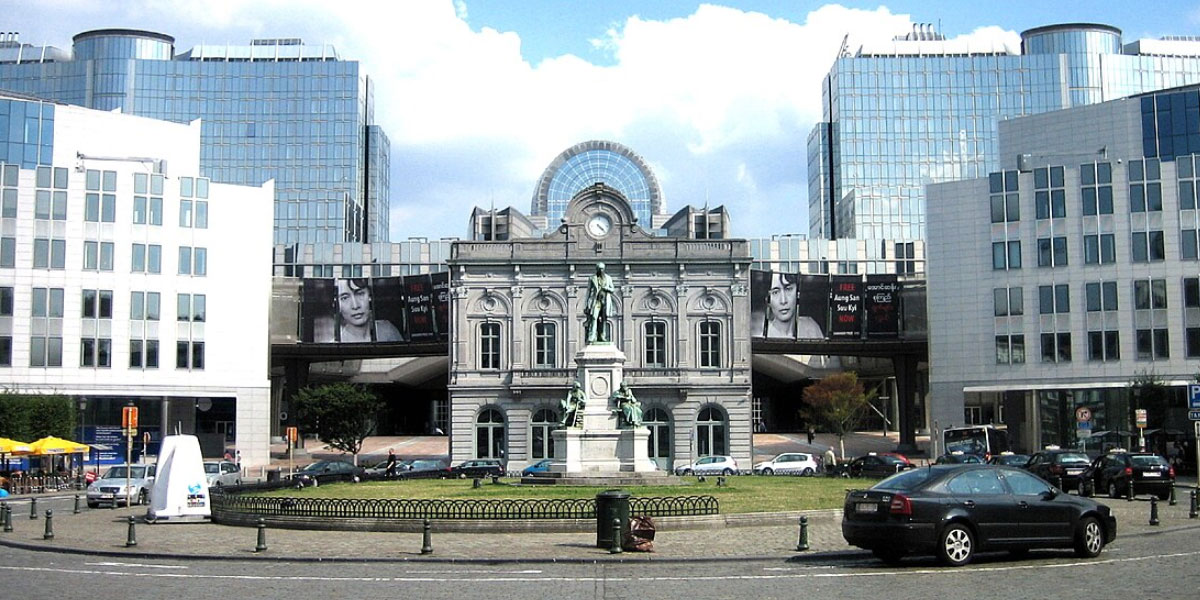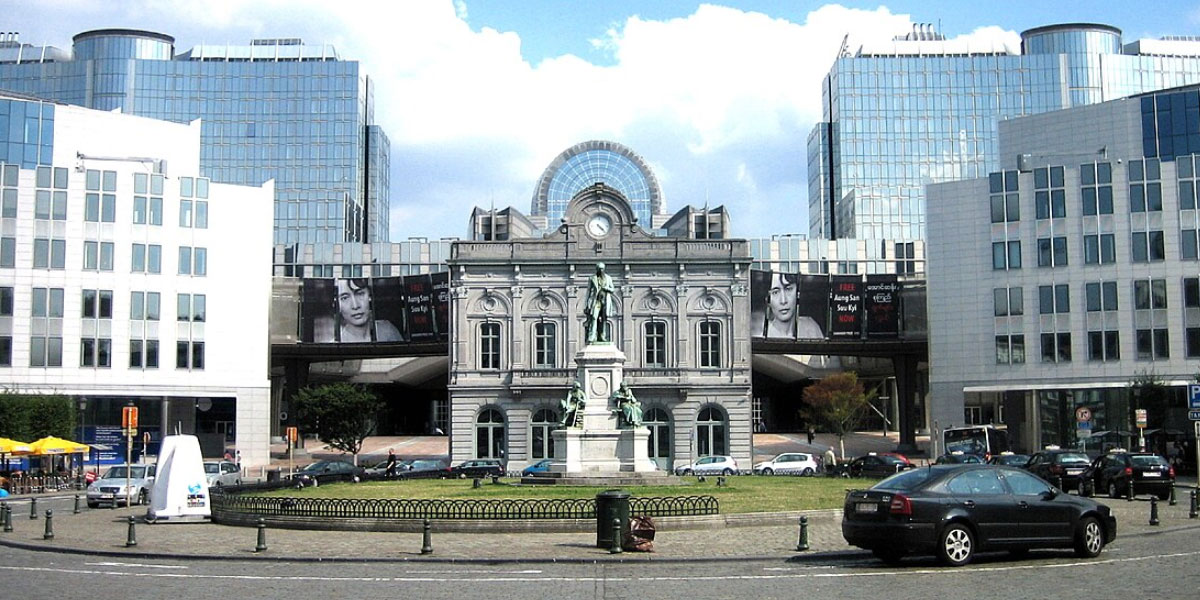On 11 March 2022 the IMF published a report following discussions with Luxembourg under Article IV of the IMF’s articles of agreement.
The report notes that Luxembourg’s economy has recovered quickly from a relatively mild contraction in 2020 to growth of 6.9% in 2021. Risks are however to the downside, due to the geopolitical situation and slower growth of trading partners, combined with lower confidence and higher energy and commodity prices.
As the green and digital transitions may bring with them potential revenue losses, Luxembourg should adjust its tax and spending strategy to diversify its sources of revenue and to improve fairness in the system. Risks to government revenue arise from planned changes to the international tax system, the potential impact of carbon taxation, and the trend towards more remote or hybrid working.
Tax reforms
Reforms to the tax system should include property and environmental taxation, the corporate wealth tax, and personal income taxation, as previously recommended by the IMF. With regard to government spending, social spending (including homebuyers assistance) should be better targeted and further measures should be taken to make public investment more efficient. If these measures are put in place Luxembourg can rebuild its fiscal buffers.
Housing market
The fast price growth in the housing sector is reducing affordability and if this continues it could make Luxembourg less attractive for workers. The IMF report welcomes efforts made by Luxembourg to increase the housing supply and reduce speculation by means of higher taxation of unused land and empty residential housing.
The IMF suggests a multi-pronged strategy for the housing market. Among other measures the report recommends encouraging residential mobility by lowering transaction costs for the purchase of a main residence; and restricting eligibility for exemptions from capital gains tax on inherited properties to one or two years.
Carbon tax
Although Luxembourg can benefit from the transition to a greener economy, this may result in potential revenue losses, due to large carbon leakages. Increases in carbon taxation must be communicated clearly and introduced gradually, with improvements in public transport and other incentives for changes in behaviour, combined with support for low-income households.
In addition to charging the carbon tax, Luxembourg should gradually remove implicit subsidies, for example on diesel, and should increase car user fees and taxes on non-road carbon emissions. The incentives made available for the use of greener and more energy-efficient products could be made more progressive, with higher incentives available to those on lower incomes, to stimulate behavioural changes in that group.
Other
Luxembourg has been developing digital infrastructure, but this could result in more inequality and skills mismatches in the labour market. Measures have been taken to improve digital education, but Luxembourg should also focus on reallocating workers across sectors with the help of skills development and training programs. Training could also aim to improve labour participation by older workers, and incentives for early retirement could be reduced.














